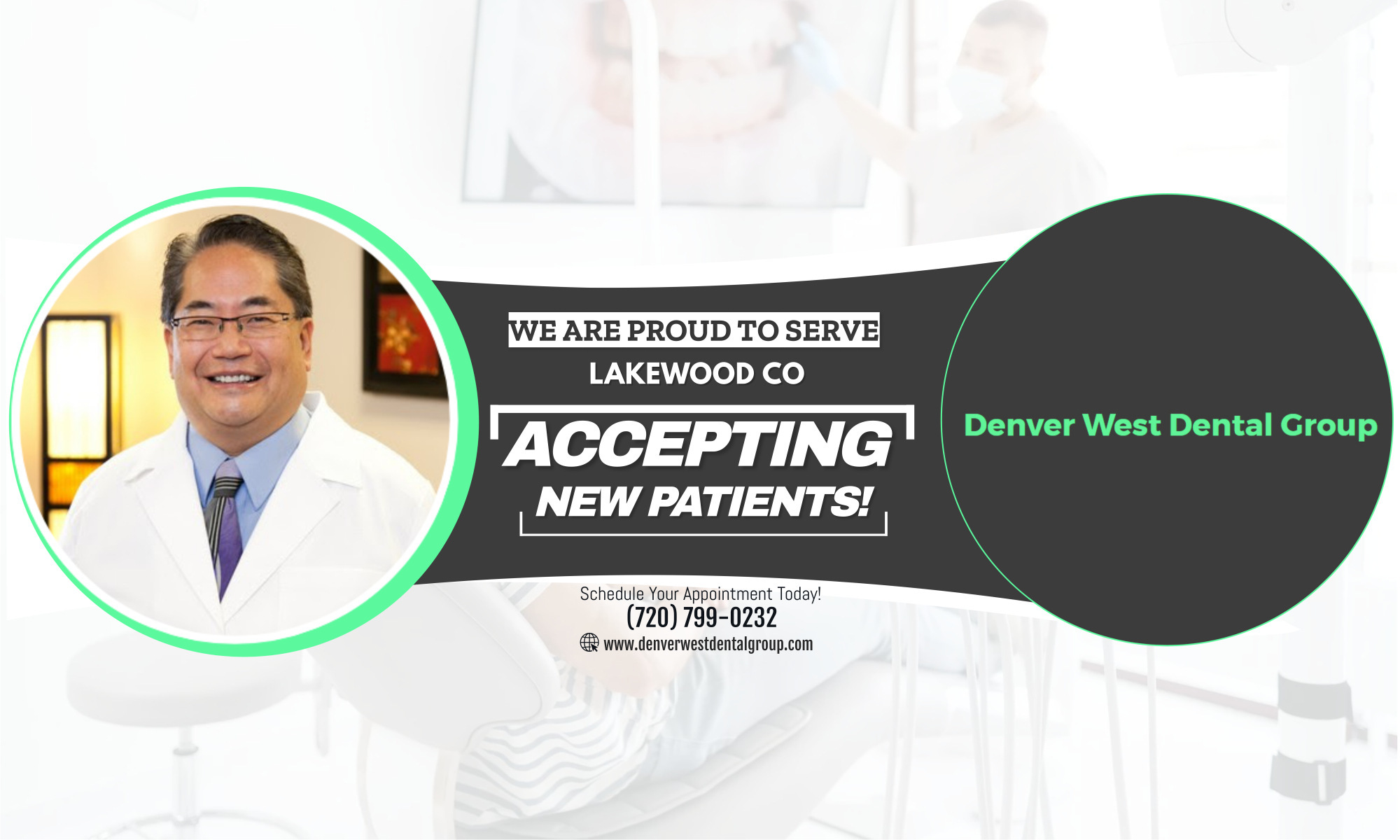Although there have been huge advances in dental care in recent years, there are records of people dealing with teeth going back over thousands of years.
Here are some of the key dates from the early years in the development of dentistry.
5000 BC: A Sumerian text describes tooth worms as the cause of dental decay.
2600 BC: Hesy-Re, an Egyptian scribe, often called the first dentist, dies. An inscription on his tomb includes the title the greatest of those who deal with teeth, and of physicians.
500-300 BC: Hippocrates and Aristotle write about dentistry, including the eruption pattern of teeth, treating decayed teeth and gum disease, extracting teeth with forceps, and using wires to stabilize loose teeth and fractured jaws.
166-201 AD: The Etruscans practice dental prosthetics using gold crowns and fixed bridgework.
500-1000: During the Early Middle Ages in Europe, medicine, surgery, and dentistry, are generally practiced by monks, the most educated people of the period
700: A medical text in China mentions the use of silver paste, a type of amalgam.
1130-1163: A series of Papal edicts prohibit monks from performing any type of surgery, bloodletting or tooth extraction. Barbers often assisted monks in their surgical ministry because they visited monasteries to shave the heads of monks and the tools of the barber trade sharp knives and razors were useful for surgery. Following the edicts, barbers assume the monks surgical duties: bloodletting, lancing abscesses, extracting teeth, etc.
1210: A Guild of Barbers is established in France. Barbers eventually evolve into two groups: surgeons who were educated and trained to perform complex surgical operations; and lay barbers, or barber-surgeons, who performed more routine hygienic services including shaving, bleeding and tooth extraction.
1400s: A series of royal decrees in France prohibit lay barbers from practicing all surgical procedures except bleeding, cupping, leeching, and extracting teeth.
